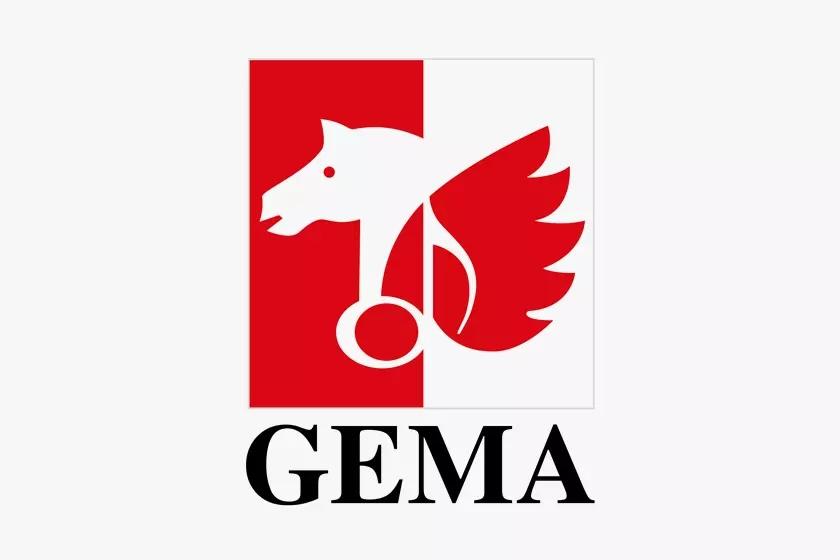
AI and music: GEMA calls for music creators to share in AI providers‘ revenues and presents first licensing model
GEMA presented a licensing model for AI providers at the Reeperbahn Festival 2024. The German Society for Musical Performing Rights and Mechanical Reproduction Rights aims to give music creators a fair share when their works are used to train AI and create new AI songs.
The increasing integration of artificial intelligence (AI) into creative processes poses new and far-reaching challenges for the music industry. On September 19, 2024, GEMA representatives discussed the topic ‘AI meets copyright’ with technology experts and artists at the Reeperbahn Festival. On the podium: Diana Zettl and Christina von Gemmingen-Hornberg (GEMA), singer-songwriter Alexa Feser and Hanna Lukashevich (Fraunhofer Institute for Digital Media Technology). They spoke about AI‘s impact on creative work, AI models‘ technical possibilities and the necessary protection of copyrights in this new digital era.
Generative AI in music is developing into a market worth billions. According to a study by Goldmedia, commissioned by GEMA and the French company SACEM, it is expected to be worth over three billion dollars by 2028. The study, published in January, sheds light on the massive impact this will have on the music industry and creative industries in general.
GEMA is now the first collecting society worldwide to develop a licensing approach aiming to balance technological progress and the protection of creative work: in line with the current legal situation, this approach is based on the use of music to train AI models but goes beyond the primary use. It also means authors must be adequately involved in the subsequent generation of AI content based on their creative work. Pure remuneration through a buyout, i.e. a one-off lump sum payment for training data, is not nearly sufficient to compensate authors in view of the revenues that can be generated. The model provides for fair remuneration at a high level while keeping in mind that the market and its technical developments can change dramatically and rapidly.
Christina von Gemmingen-Hornberg emphasises, ‘As GEMA, we have always made it clear that we are pre-pared to negotiate fair terms of use and remuneration models with the AI companies. At the same time, however, we have reached a point where we have to achieve concrete results for our members. This has an impact on the entire industry.’
Alexa Feser says, ‘I am convinced that the human element in music will survive. But we must not leave the responsibility to the big technology companies. We must be involved in value creation. It's good that GEMA is taking up the issue and standing up for our rights. We have to be quick, because technological develop-ment is always ahead of politics.’
In Germany, GEMA represents copyrights for over 95,000 members (composers, lyricists and music publishers), and over two million copyrights owners from all over the world. It is one of the largest societies for creators of musical works in the world.
Note to editors
The study ‘AI and music’ and further information can be found here: https://www.gema.de/en/news/ai-study
Press contact
Ursula Goebel, Director of Communications
Telephone: +49 89 48003-426
email: ugoebel@gema.de
Nadine Remus, Head of Corporate Communications
Telephone: +49 89 48003-583
email: nremus@gema.de
